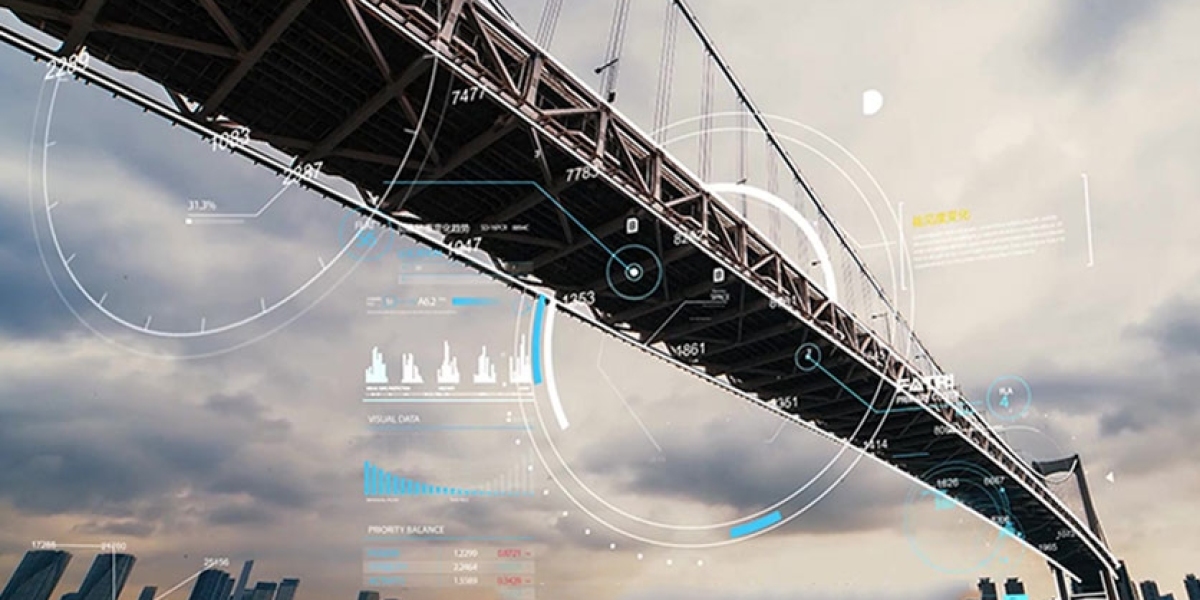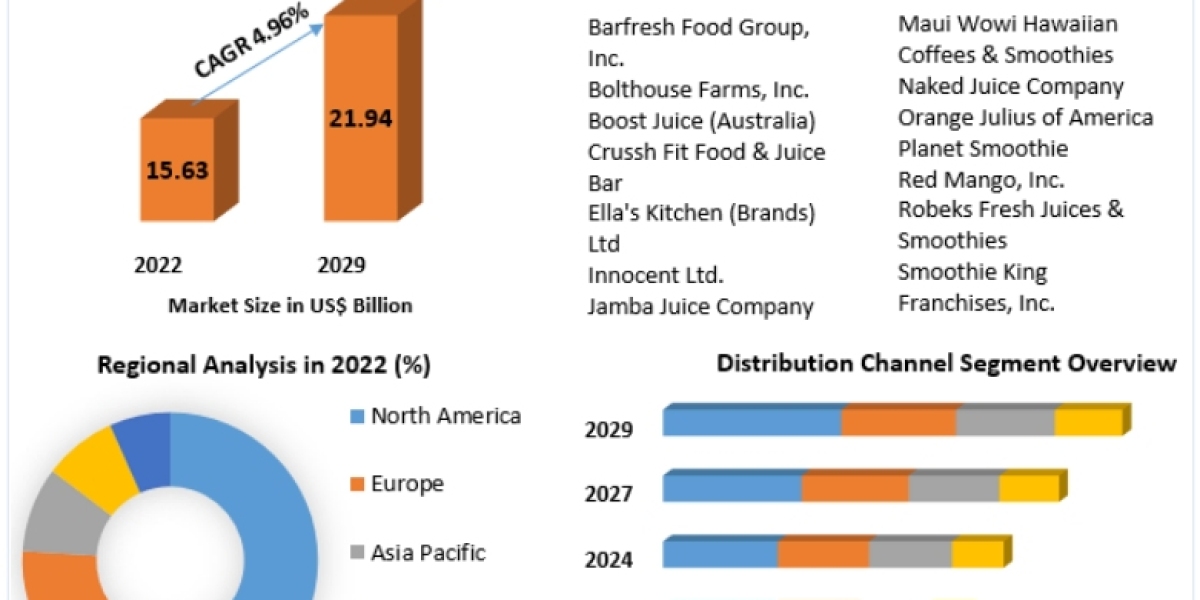In the ever-evolving landscape of the Internet of Things (IoT), where billions of devices are interconnected to collect and exchange data, IoT gateways serve as pivotal components, facilitating seamless communication and enabling the integration of disparate systems. These gateways play a crucial role in bridging the gap between edge devices and cloud platforms, unlocking the potential for advanced analytics, real-time monitoring, and intelligent decision-making. Let's delve into the realm of IoT gateways and explore their significance in the connected world.
What exactly is an IoT gateway, and why is it essential in IoT deployments?
An IoT gateway is a hardware or software solution that serves as an intermediary between IoT devices, sensors, actuators, and the cloud. It collects data from edge devices, preprocesses it locally, and then transmits relevant information to the cloud or other backend systems for further analysis and action. Additionally, IoT gateways may provide functionalities such as data filtering, encryption, protocol translation, and device management, making them indispensable for IoT deployments across various industries.
One of the primary advantages of IoT gateways is their ability to overcome challenges associated with connectivity, interoperability, and data processing at the edge. In scenarios where network bandwidth is limited or unreliable, gateways can preprocess and aggregate data locally, reducing latency and bandwidth usage while ensuring timely and efficient transmission of critical information. Moreover, by supporting multiple communication protocols and standards, IoT gateways enable seamless integration of heterogeneous devices and systems, regardless of vendor or technology differences.
Furthermore, IoT gateways enhance data security and privacy by implementing robust encryption, authentication, and access control mechanisms. With cyber threats on the rise, ensuring the confidentiality and integrity of IoT data is paramount for organizations across industries. By acting as secure gatekeepers, IoT gateways help mitigate security risks and safeguard sensitive information from unauthorized access or tampering.
Additionally, IoT gateways play a crucial role in edge computing, where data processing and analysis occur closer to the source of data generation. By hosting lightweight applications and algorithms locally, gateways enable real-time decision-making, predictive analytics, and automation at the edge, reducing reliance on cloud resources and enhancing overall system responsiveness and scalability.
Moreover, IoT gateways empower organizations to unlock the full potential of their IoT deployments by enabling edge-to-cloud connectivity and facilitating seamless integration with enterprise systems, third-party services, and analytics platforms. Whether it's monitoring equipment health in industrial settings, optimizing energy consumption in smart buildings, or enhancing patient care in healthcare facilities, IoT gateways provide the foundation for building scalable, interoperable, and intelligent IoT solutions.
In conclusion, IoT gateways play a pivotal role in the success of IoT deployments by bridging the gap between edge devices and the cloud, enabling seamless connectivity, data processing, and integration. As the IoT ecosystem continues to expand and evolve, the importance of IoT gateways in enabling connectivity, security, and intelligence at the edge cannot be overstated. Embracing the power of IoT gateways is essential for organizations looking to harness the full potential of the connected world and drive innovation across various industries.









